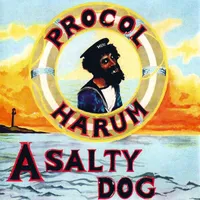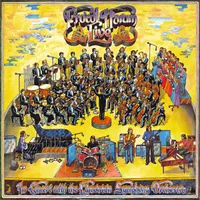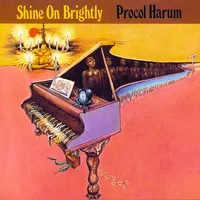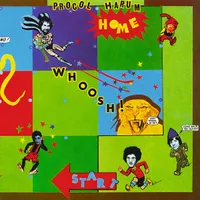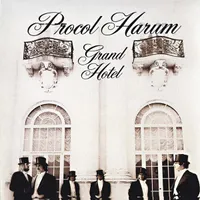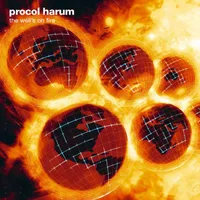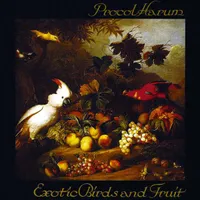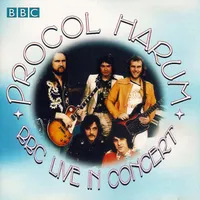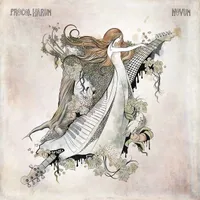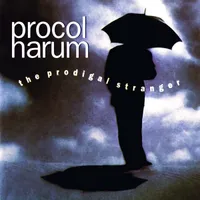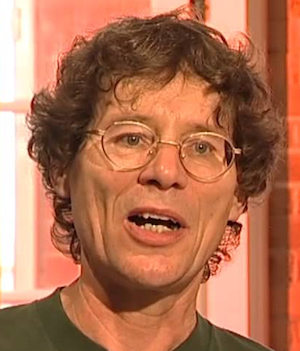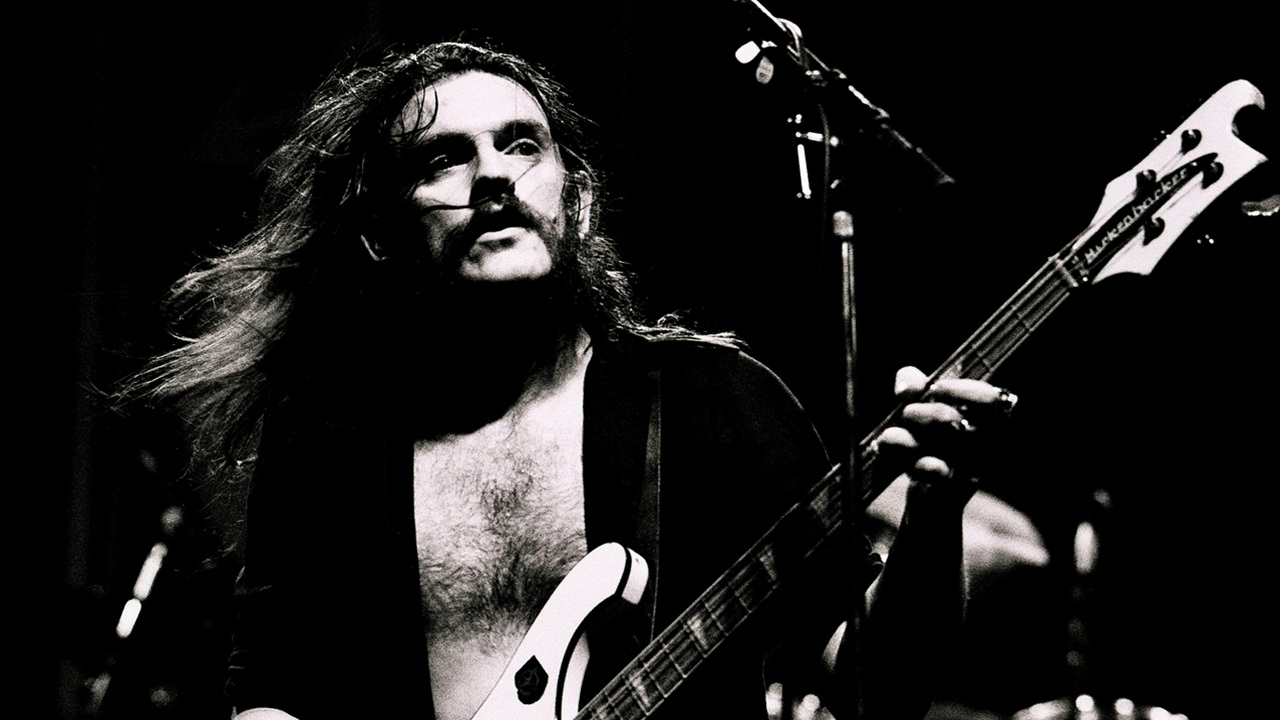The Procol Harum albums you should definitely own
Procol Harum might still be best known for 60s mega-hit A Whiter Shade Of Pale, but there was much more to Gary Brooker and co. than that
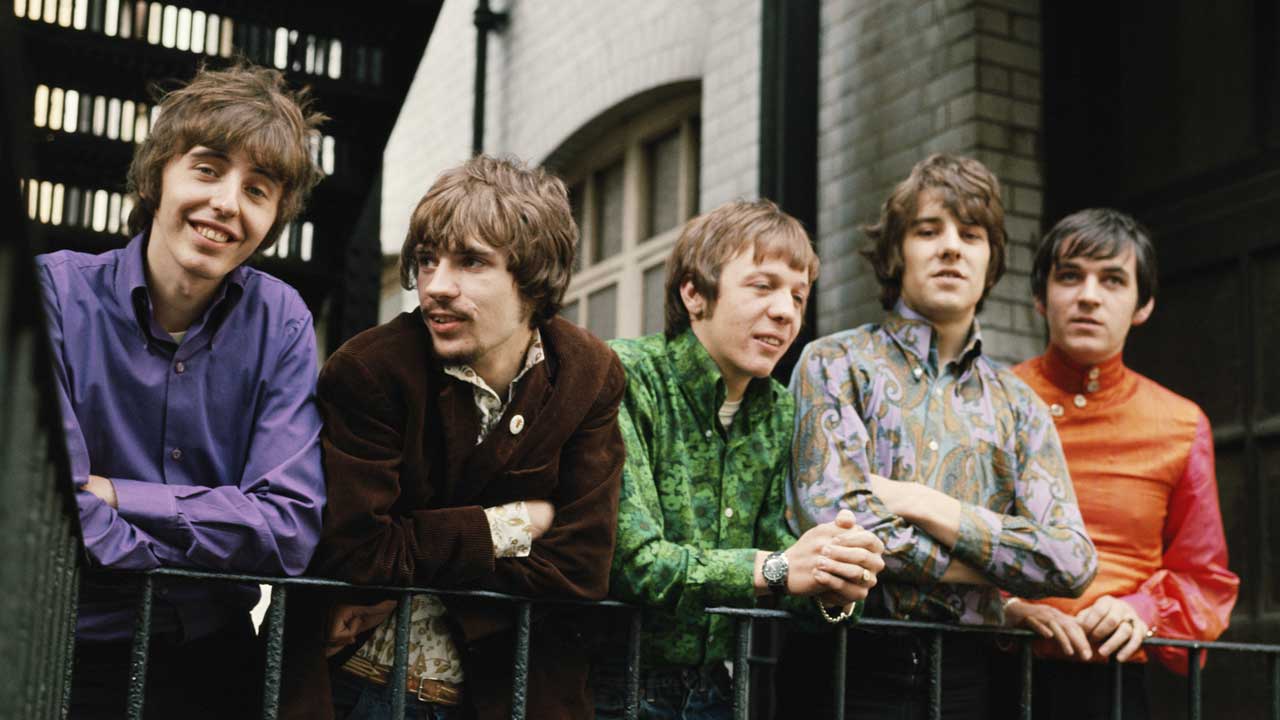
Procol Harum came together in the summer of 1967 when pianist and singer Gary Brooker needed a band to promote a song he’d written with lyricist Keith Reid. A Whiter Shade Of Pale became the defining hit of the so-called Summer Of Love, spending six weeks at the top of the UK charts.
Brooker was dissatisfied with some of the musicians who’d recorded the song with him and reached out to guitarist Robin Trower and drummer BJ Wilson from his previous band, the Paramounts, to join him. This gave rise to the misleading impression that the Paramounts had morphed into Procol Harum, which was not the case at all.
The odds on Procol Harum being a one-hit wonder were huge, but by the end of 1967 they’d notched up another Top 10 hit with Homburg. And while they seldom bothered the singles charts after that, over the course of three albums they developed a style that saw them continue to prosper for more than 50 years, albeit with Brooker – who passed away in 2022 – as the last original member in the band.
It was a remarkable feat, not least because they released only around a dozen studio albums during that time. And, ironically, it was a live album that did the most to spread their reputation during the early 70s. There were regular line-up changes too, with some members coming and going more than once. But while the musicians left their mark on the music, they didn't really impact too much on the band’s core style.
That style was largely the result of Brooker’s songwriting, which roamed between progressive, classical and bluesy rock, producing a unique and seamless fusion of symphonic rock music. And he made clever use of the combination of piano and organ to produce a sound that Procol Harum have made their own. He also consistently wove in some light-hearted strands that prevented the band from being labelled as pretentious. Added to that was his voice, which was as distinctive as Steve Winwood’s – mellifluous and seemingly effortless, but with an understated power.
The band’s career was not all plain sailing. There were gaps, most notably between the late 70s and the early 90s, but any band that has survived and thrived this way for half a century and more had to be admired.

A Salty Dog (Regal Zonophone, 1969)
After two hastily recorded albums, Procol Harum nailed their style in prosaic fashion on A Salty Dog, blending their disparate elements of blues, R&B and classical rock into a cohesive form. Keith Reid’s lyrics largely revolved around nautical themes, as seen in the majestic opening title track, the elegant Wreck Of The Hesperus, the breezy Boredom or the forward-looking All This And More.
The contrasting vocals of Gary Brooker and Matthew Fisher, along with their respective piano and organ playing, offered a range which was anchored by BJ Wilson’s dynamic drumming and Robin Trower’s forceful guitar.
Live With The Edmonton Symphony Orchestra (Chrysalis, 1972)
Rock groups and classical orchestras can be tricky to merge, not least because of their intrinsically different attitudes to tempo and technique. So it’s probably best not to analyse too deeply why this Canadian concert works so well, and just wallow in the way the orchestra brings out the full majesty of half a dozen classic Procol Harum tracks – which have continued to define the band ever since.
It’s a format that the band have attempted to repeat with various orchestras around the world since, but they have never recaptured the magic.
Shine On Brightly (Regal Zonophone, 1968)
Despite the haste with which it was recorded, Procol Harum’s second album shows that they had a sense of the direction they wanted to take, and had the songs to take them there.
Set in the post-1967 glow, the first two songs – Quite Rightly So and the title track – are fine examples of the kind of organdriven rock that Traffic were also playing at the time, while Rambling On eerily predates David Bowie’s Hunky Dory. But it’s dominated by the 18-minute epic, In Held ‘Twas In I, with its musical twists and turns and lyrics that veer from incandescent to impenetrable.
This was the heaviest Procol ever got, mainly thanks to Robin Trower‘s guitar playing which was starting to move in a Hendrix direction and he would soon go solo with. Organ player Matthew Fisher and bassist David Knight had already left, replaced by Chris Copping who took on both roles.
But even with Trower’s searing guitar (particularly on the opening Whisky Train) and BJ Wilson’s rock-hard drumming the band’s style survives intact. Reid’s lyrics take a darker, more foreboding turn, and Brooker cleverly brings all the different new strands together on the ambitious Whaling Stories with its barnstorming finale.
Not surprisingly, given the success of Live With The Edmonton Symphony Orchestra, Procol Harum’s next studio LP was festooned with orchestral and choral arrangements. The grandeur of the opening title track and TV Caesar (about talk show hosts) get an additional dose of pomp that can still set the hairs on the back of your neck a-quiver.
There’s also an intensity about Toujours L’Amour and Fires (Which Burnt Brightly) and a sense of variety with tracks like For Liquorice John and Bringing Home The Bacon. All of which make this one of Procol Harum’s strongest albums, enhanced by Chris Thomas’s fine production.
The Well’s On Fire (Eagle, 2003)
Returning from a 12-year break following the dismal Prodigal Stranger, The Well’s On Fire confounded all expectations – or rather, the lack of them – by delivering a fully committed set of songs that restored the band’s reputation.
While their days of coming up with indelible epics are long gone – the opening An Old English Dream is as close as they get – they can still throw the occasional nostalgic curve ball like A Robe Of Silk and The Emperor’s New Clothes while Matthew Fisher’s organ luxuriates in its own time warp. Plus, Brooker and Reid are back on form. A confident return.
Exotic Birds And Fruit (Chrysalis, 1974)
With their passion for orchestral arrangements temporarily sated, Procol Harum got back to basics on Exotic Birds And Fruit. But they could still give their rock a symphonic edge, as they prove on the thumping Nothing But The Truth, the operatic mash-up of Beyond The Pale and the hymnlike As Strong As Samson and New Lamps For Old.
Recorded while Edward Heath’s government and the unions were engaged in a power struggle, Keith Reid’s lyrics take on a political stance as well. They also get personal with their record company bosses on Butterfly Boys, whingeing about their contract.
BBC Live In Concert (Strange Fruit, 1999)
A rare official live recording of Procol Harum that does not feature an orchestra, this 1974 show from the Golders Green Hippodrome features six tracks from their just-released Exotic Birds And Fruit album although they warm up with a couple of earlier tracks, Conquistador and Whaling Stories.
Later on they revive the under-rated Simple Sister from their 1971 Broken Barricades album. The production is on the lacklustre side but it’s good enough to prove that the band is perfectly capable of playing their own orchestral arrangements, most notably when they get around to Grand Hotel.
There had been a 14-year gap since their previous studio album when it came to releasing Novum, although the band had continued to tour regularly. Even so you’d be forgiven for wondering if Procol Harum had anything left to say, particularly when it emerged that lyricist Keith Reid was no longer with them for reasons unknown.
But his replacement Pete Brown (Jack Bruce’s lyrical foil) gives Brooker a new lease of life and the band respond in kind, opting for less of the prog and more of the bluesy rock that set them on their way 50 years earlier. Sunday Morning and Somewhen especially would grace any Procol Harum album.
...and one to avoid
You can trust Louder
The Prodigal Stranger (Zoo Entertainment, 1991)
Nothing prodigal about this album. Coming off the back of a 14-year hiatus it was recorded in the wake of drummer BJ. Wilson’s untimely demise and sounds like the work of a band who are still in mourning and do not wish to be disturbed.
Brooker, Fisher and the returning Trower are all present physically, if not mentally, but they have forgotten to bring any decent songs with them. Even worse, Reid’s lyrics are scandalously mundane. The result is a lacklustre band trying halfheartedly to write another A Whiter Shade Of Pale, which was something they’d left behind decades earlier.
Sign up below to get the latest from Classic Rock, plus exclusive special offers, direct to your inbox!
Hugh Fielder has been writing about music for 50 years. Actually 61 if you include the essay he wrote about the Rolling Stones in exchange for taking time off school to see them at the Ipswich Gaumont in 1964. He was news editor of Sounds magazine from 1975 to 1992 and editor of Tower Records Top magazine from 1992 to 2001. Since then he has been freelance. He has interviewed the great, the good and the not so good and written books about some of them. His favourite possession is a piece of columnar basalt he brought back from Iceland.
